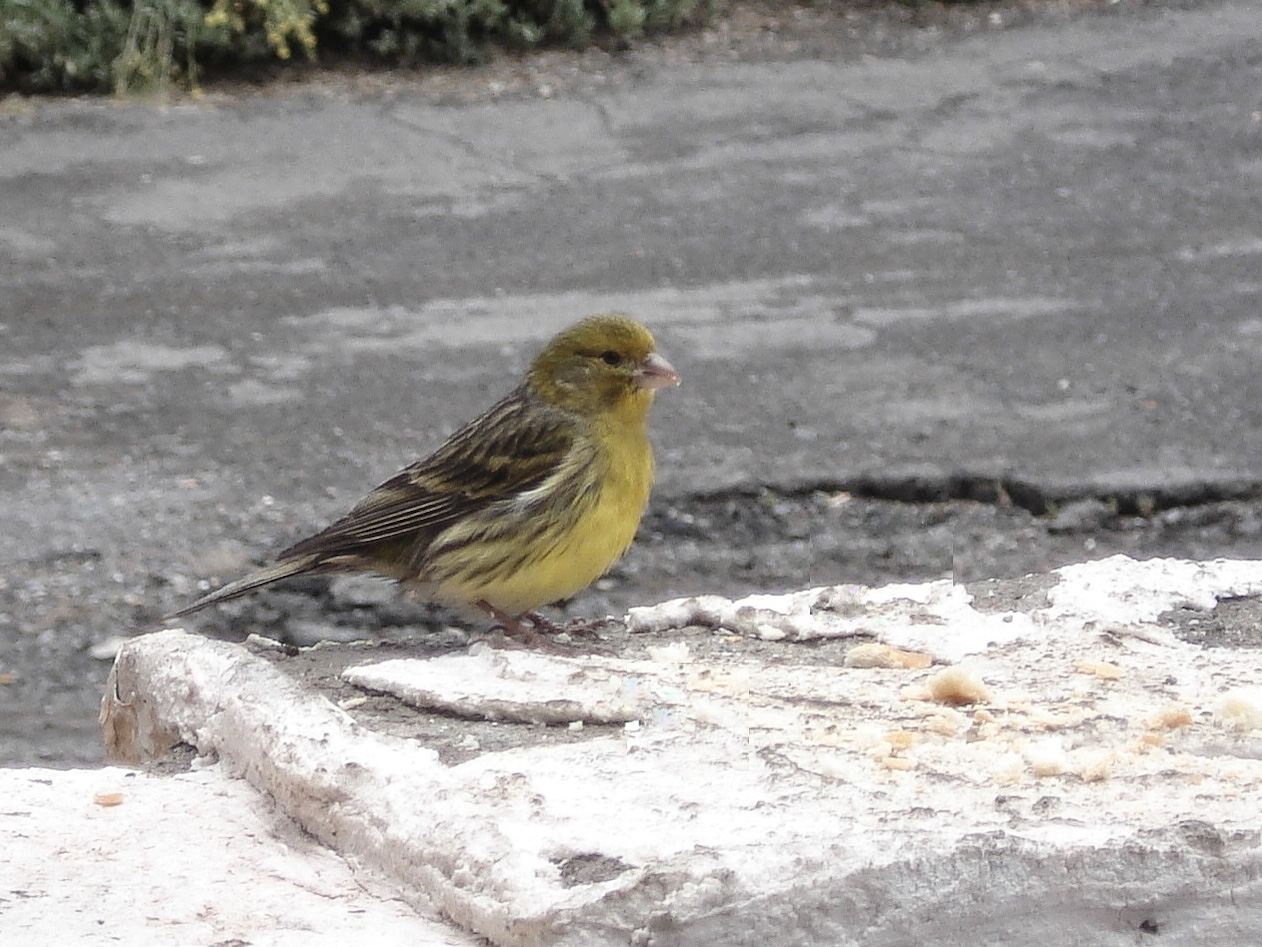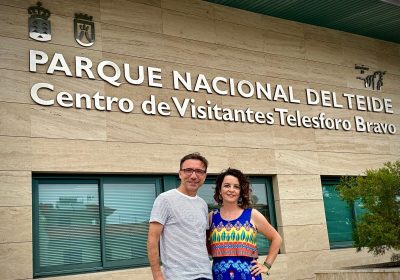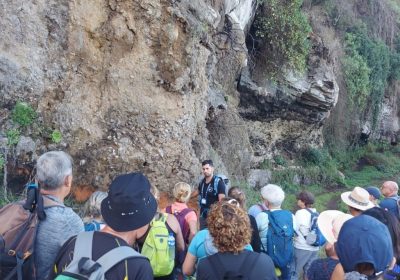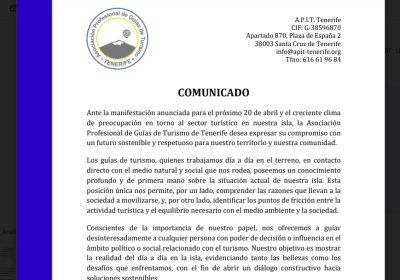The morning assembly had been constituted.
The eagle owl and the long-eared owl hooted that they had worked all night and had to rest. They could only stay a few moments for the meeting.
The Moorish partridge and the quail didn’t want to take shelter either, because they noticed how the hunters were spying on them and to be out in the open meant a danger they didn’t want to run.
The blackbird, perched on the highest branch, said he could not stay there forever because the first fruits had ripened in a neighbouring garden and he did not want to be late for breakfast.
Among those present, many wanted to intervene to claim what they considered to be in their common interest.
The little ringed plover kept hopping on the ground in search of new insects, while pretending that it was essential to start make-up sessions for the chiffchaff and the sparrow.
The hoopoe opened his crown of feathers, proposing to complete these disciplines with notions of fashion, while the pair of tits approved of the idea:
-“It seems obvious to us that we should be taught to highlight the colours in our clothing, and the use of the tie is very necessary in society,” they pointed out.
But they had to be relieved to take part in the different classes because they were too busy protecting their children from the attack of the kestrel that often roamed these parts. In the distance, the kestrel could be heard speaking, unhappy at having been excluded once again from the morning parliament.
-“We are worried about the invaders!” -commented the woodpigeon indignantly.
-“True,” added her companion, the rufous-tailed pigeon, “it’s been two seasons now that the rats and cats have been killing my offspring.
The Cory’s shearwater that flew over the area said tearfully that the biggest problem for her kind were the lights of cars and cities. Many of her companions had died blinded by those flashes.
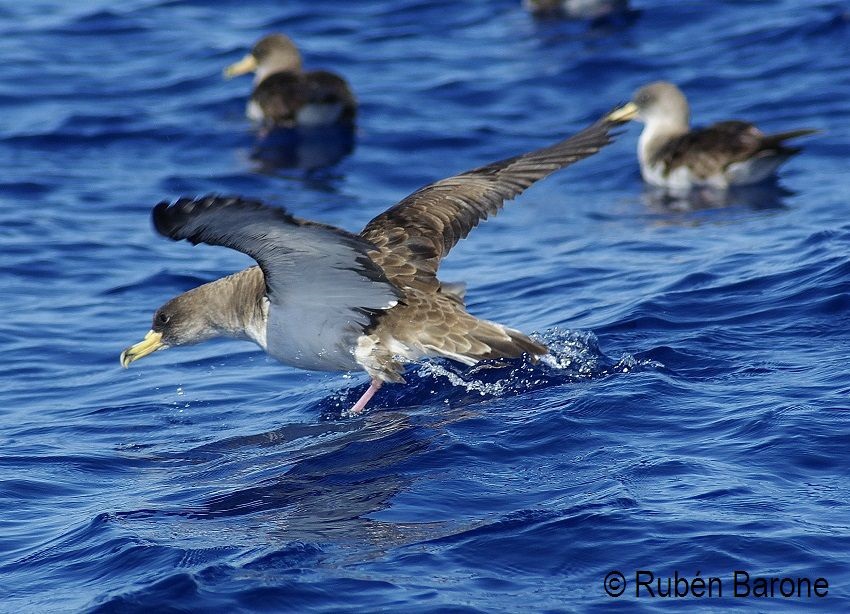
The Sardinian warbler and the wren admitted not having this problem as they live in the undergrowth and can hide more easily as they are very small:
-“Besides, there are plenty of insects here and we invite those interested to share our food.”
-“I accept,” said the linnet sadly, “because in the cultivated areas where I live, the farmers have spread terrible pesticides and have caused dramatic intestinal diseases for some of us.
The robin was also grateful for the proposal, revealing that he had a large family and while he was looking for food for his first born, he had to look after his wife who was incubating another nest.
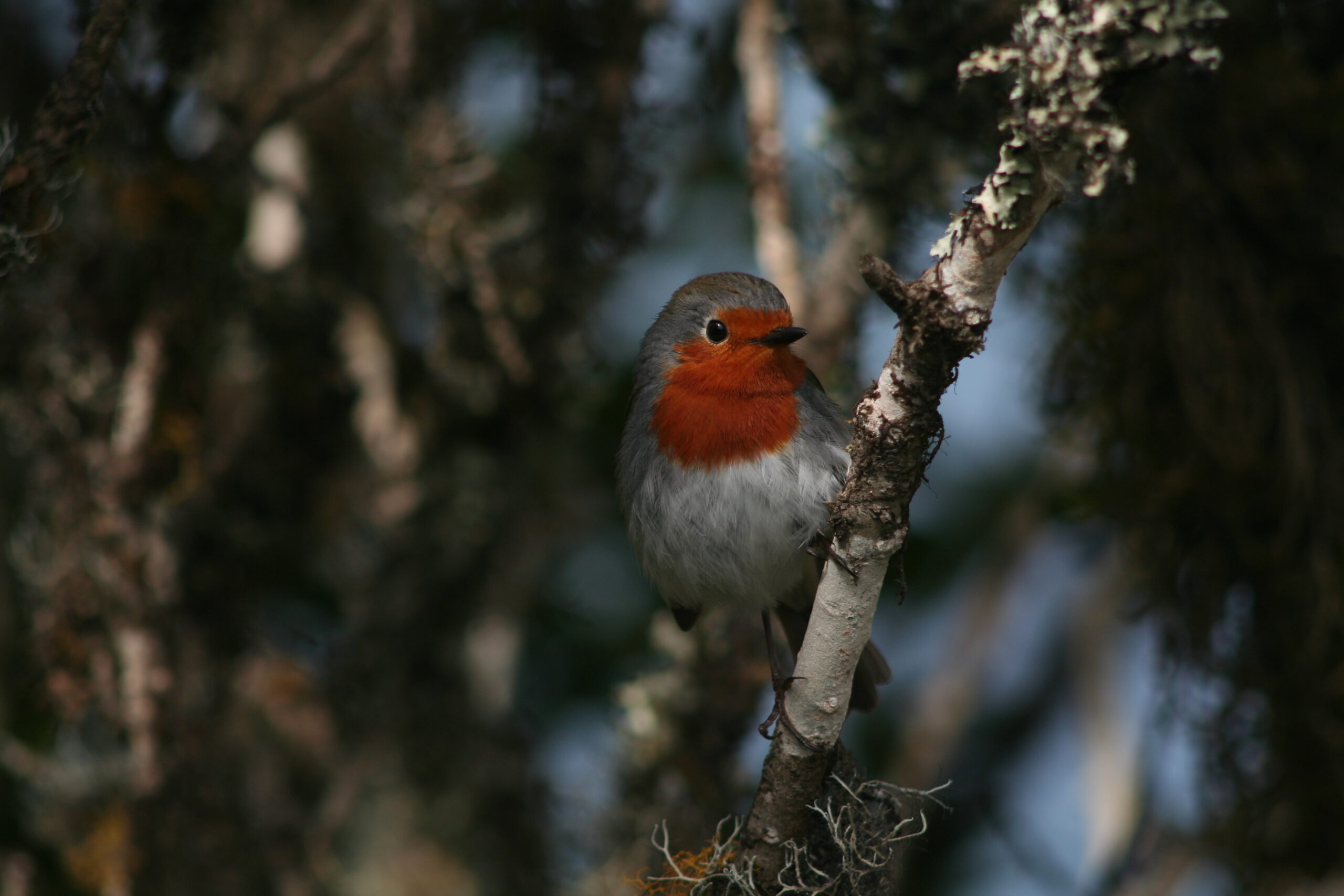
-“Relatives of mine have ceased to exist because of poison.”
-“Many human beings represent a real threat to nature, they throw rubbish into the sea and a neighbour of mine died from ingesting plastic that she had mistaken for a fish,” shouted a passing osprey.
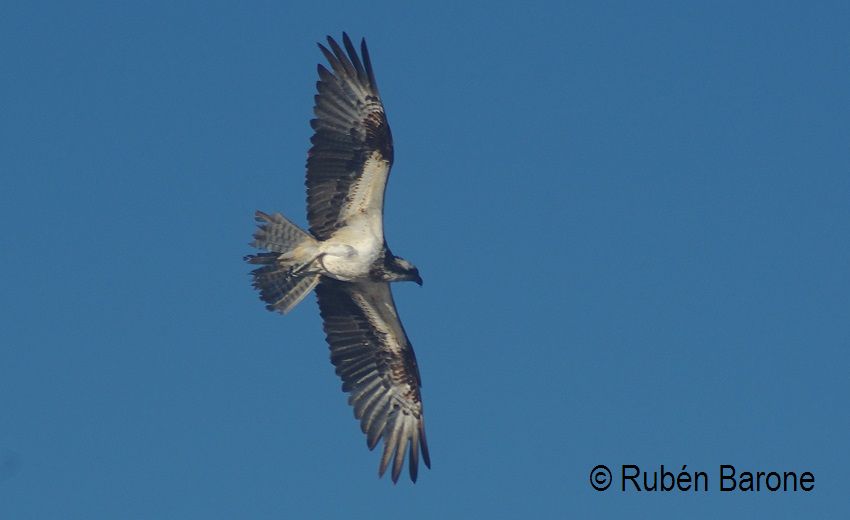
-“You talk about the sea and we talk about the ponds,” lamented the coot and the moorhen with a melancholic air. “Our elders tell us how water used to run down the ravines when today it is almost a detective’s job to find fresh water; food is scarce.”
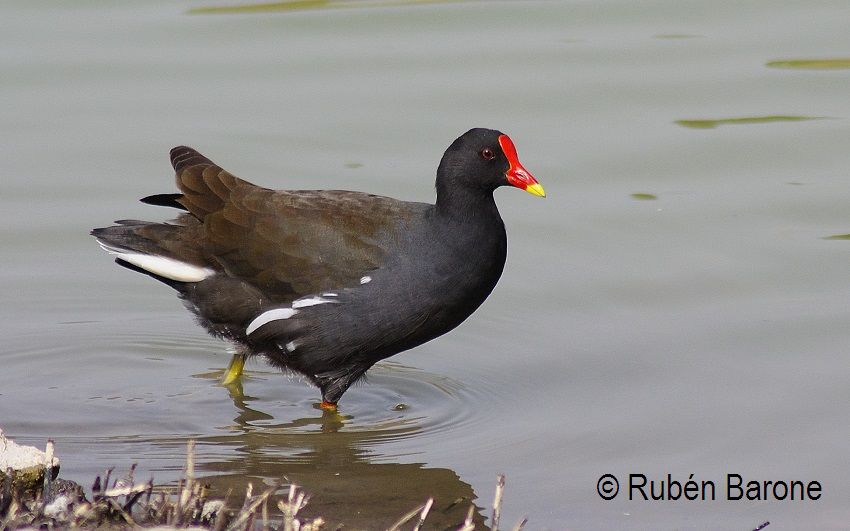
-“Our habitat is disappearing,” whispered the Canary Island stonechat.
-“They are building all the time, stealing our homes, destroying our fields,” the pipit said angrily.
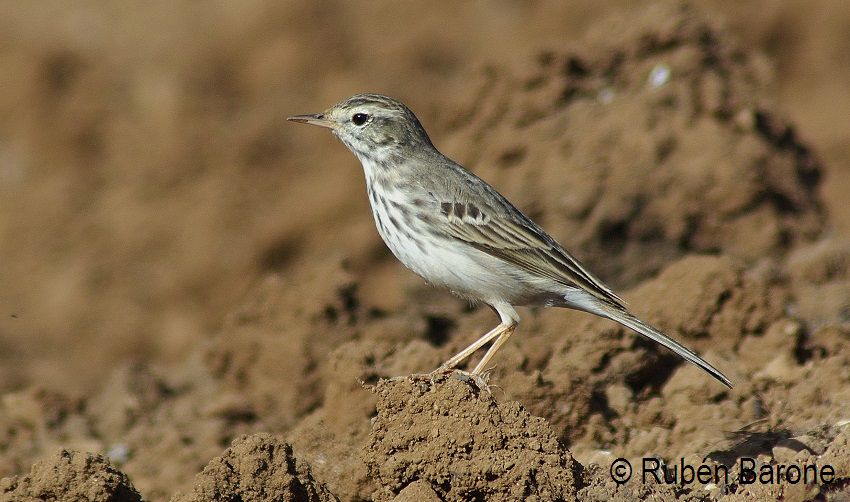
-“We are newly arrived immigrants,” stressed the cattle egret and the black-crowned night heron, “but we will fight with all of you for the protection of these lands and the conservation of the birds.”
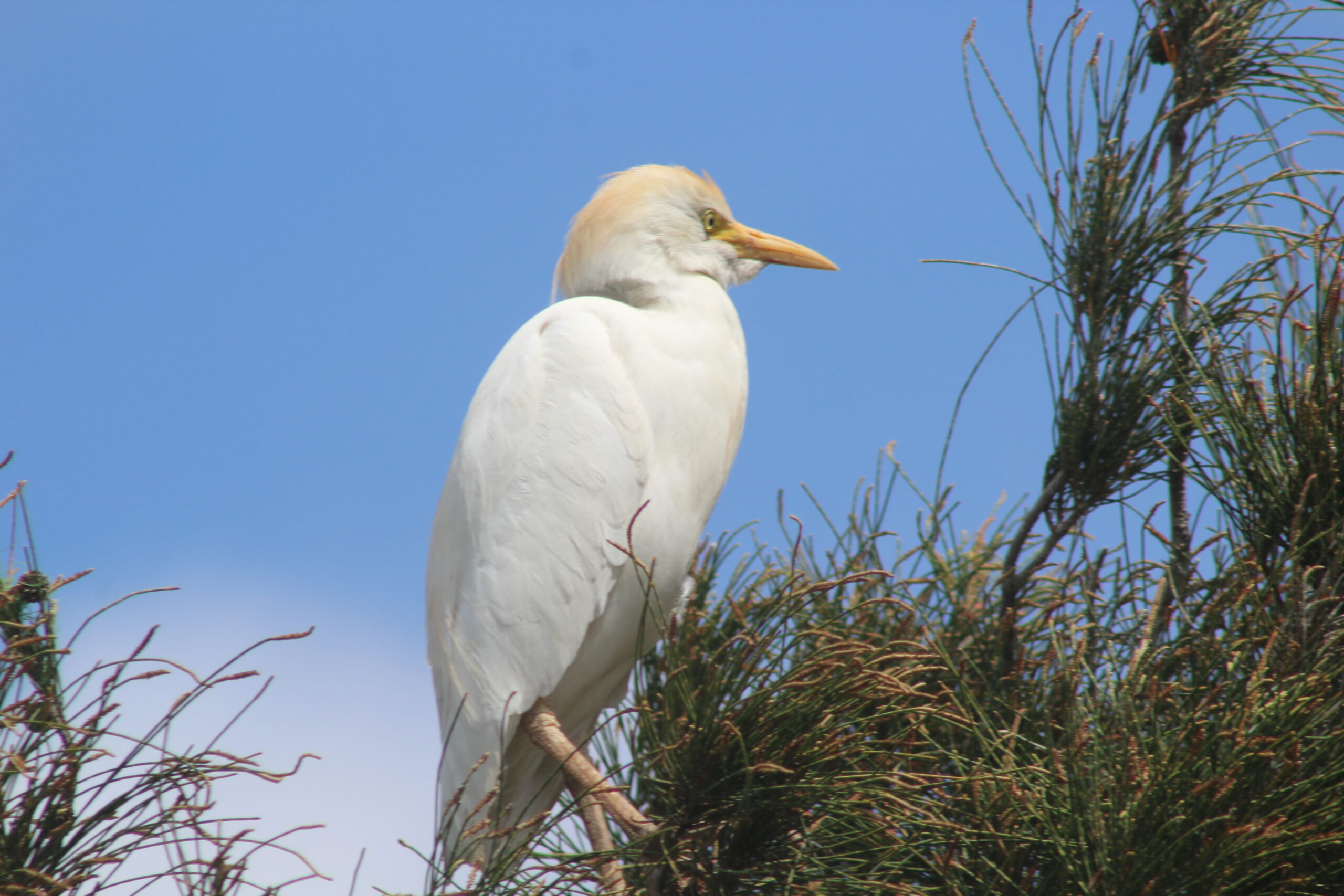
And while the blue chaffinch looked up to admire the dance of dozens of swifts defying the clouds, the canary and the greenfinch began a musical duet.
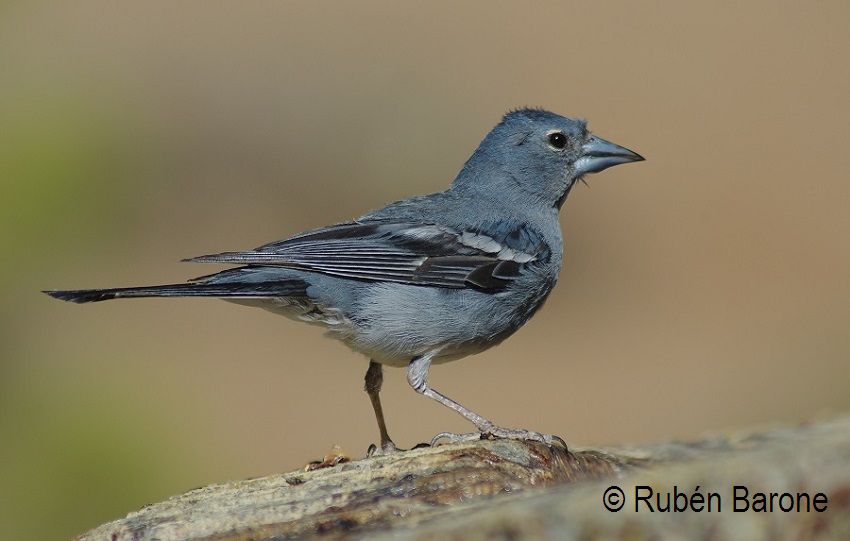
The chiffchaff and the mottled starling decided to join in chorus. The cawing of the crow resounded in the distance. A bullfinch began to play the trumpet and the woodpecker the drums. Two storks on holiday in the Canary Islands took advantage of the surroundings to declare their eternal love for each other as they heard the wheatear raise its song.
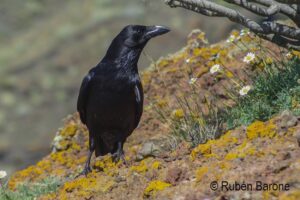
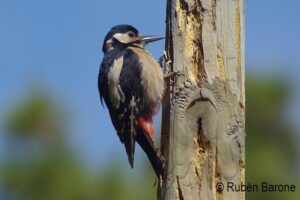
I don’t know if it was the caress of a damp breeze that woke me up or the flapping of their wings as they flew but I saw them playing in the sky and from below, I promised them that I would return to the shade of the heather.
Photos: Rubén Barone, Miguel Fernández del Castillo and Soisick Dayot.
Through this publication, APIT Tenerife echoes the research of its associates and supports the generation of knowledge by its associated tourist guides. However, the opinions expressed by the authors of the articles do NOT reflect in any way the position of the Association. APIT Tenerife is an apolitical, professional and inclusive entity that promotes Canarian heritage of any kind. If you want to contribute elements to the debate on the topics discussed here, we invite you to contact the author whose contact details appear in the signature of the article and in the list of associated guides.

